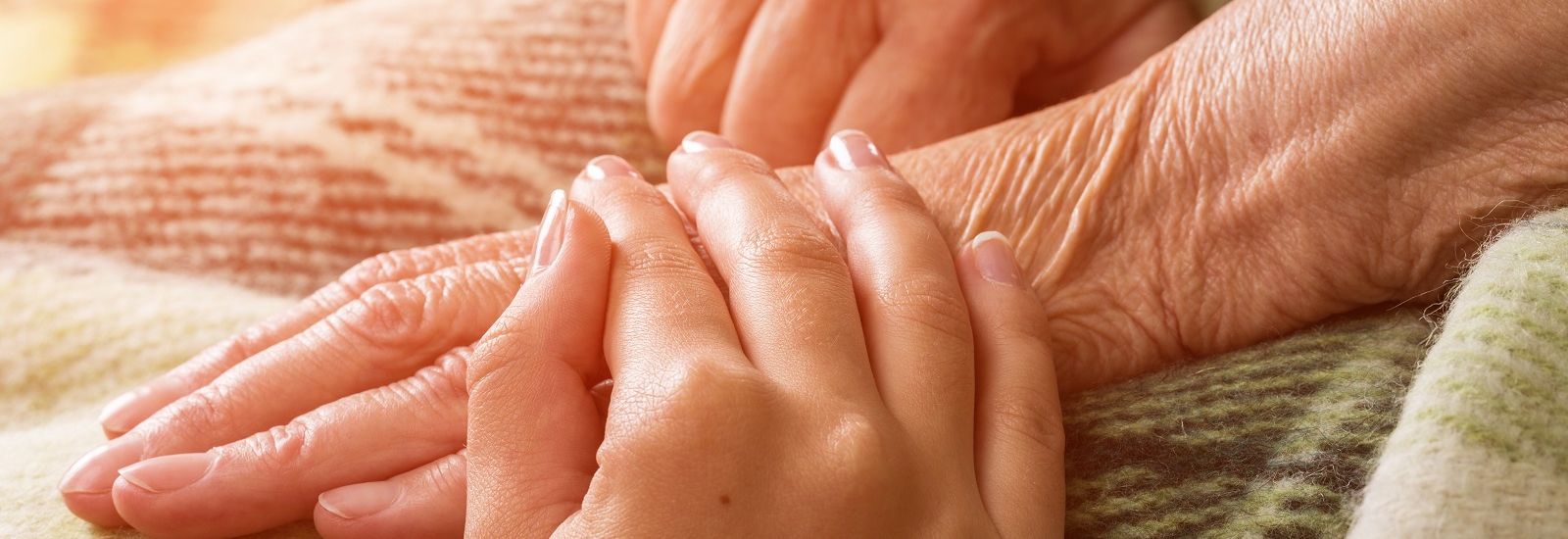
Allergies in August: Prime time for triggers
August is prime season for hay growing mowing and baling for agriculture in Indiana which triggers “hay fever” (allergic rhinitis) for many in the community. According to the U.S. Department of Health seasonal or environmental allergies affect 10-30% of individuals in the United States presenting in a spectrum of symptoms including runny nose itchy eyes and post nasal drainage. These upper respiratory symptoms are often referred to as allergic rhinitis.
What are the causes?
The triggers (allergens) of allergies in August can cause the tissue inside the nose or airway to activate immune system cells (mast cells and basophils) that release histamine and other inflammatory substances to attack the allergen. The body views the allergen as harmful and builds antibodies to fight it though the allergen would otherwise be harmless. These substances cause symptoms of watery eyes congestion runny nose sneezing. The most common allergens include mold fungi pet dander or pollen from various plants (grasses trees).
Symptoms include:
- Nasal itching
- Sneezing
- Runny nose
- Postnasal drainage
- Cough
- Watery itchy or dry eyes
- Fatigue
- Sore throat
- Ear fullness/congestion
What increases my risk?
- Personal history of asthma eczema or other allergies.
- Family history of asthma seasonal allergies or eczema.
How can I treat my hay fever at home?
- Nasal saline: rinsing the nose with salt water by spray or irrigation as needed throughout the day
- Nasal steroids (glucocorticoids): One spray in each nostril daily. Benefits may be most noticeable after several days or weeks of consistent use. Examples include Flonase Nasonex Nasacort. Be sure to follow directions properly for greatest benefit. Blow nose prior to use slightly tilt your head down and insert tip into one nostril. Aim towards the ear of the same side spray once; repeat steps in opposite nostril
- Antihistamines: Second generation oral antihistamines (Claritin Allegra Zyrtec) take daily – these are most effective with consistent use during allergy flares.
When to talk with your doctor?
If you are following all of the over- the-counter recommendations and your symptoms are continuing consult your primary care provider for further treatment and potential for consultation with an allergist.
Specialized physicians and health care providers in allergy and immunology will be able to perform tests to identify your specific allergies and offer more elaborate immune system therapy and treatments individualized for you.
If your allergies in August are severe or you have any further questions or would like to seek further treatment we at Reid Family & Specialty Care would be happy to talk with you or arrange a referral to consult our allergist.

